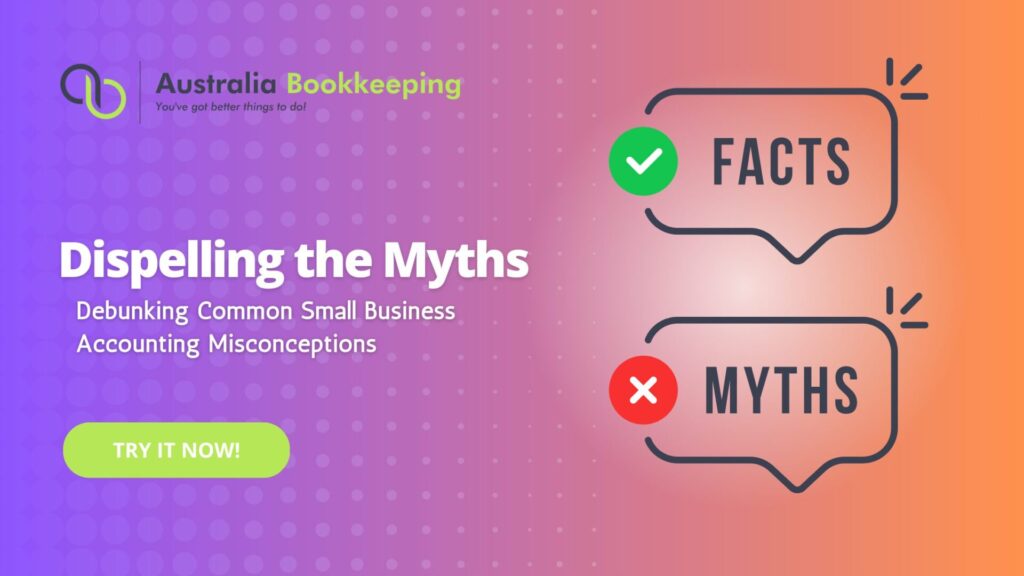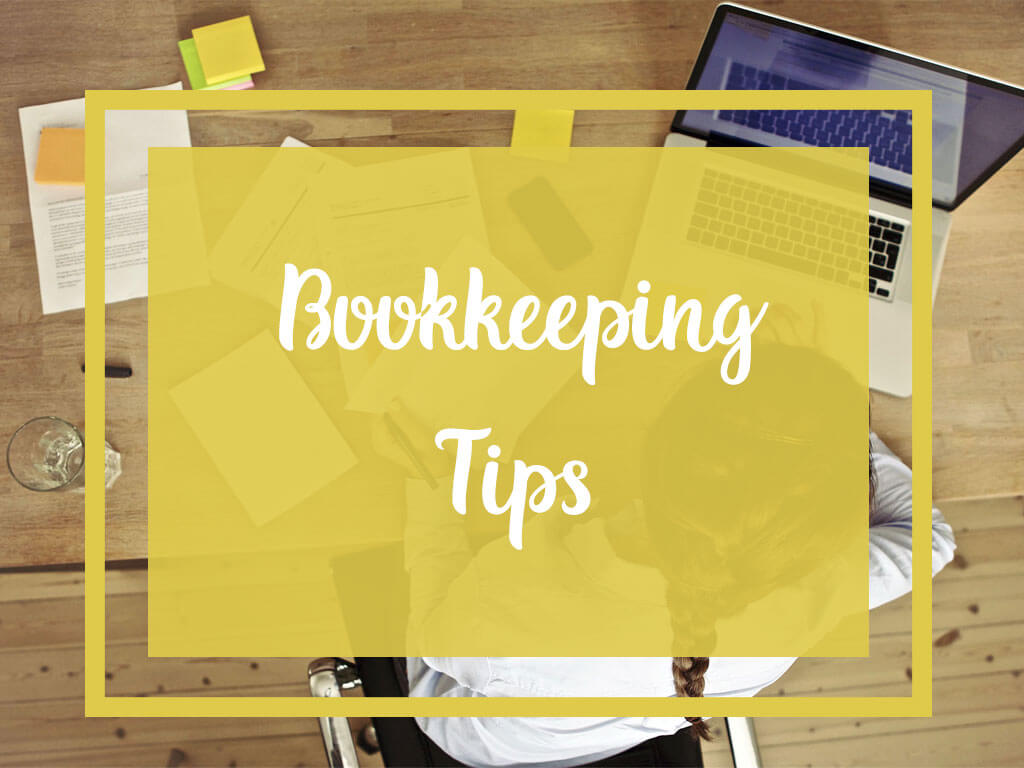8 Misconceptions About Bookkeeping | Free Consultation Call
Dispelling the Myths: Debunking Common Small Business Accounting Misconceptions 1. Introduction When it comes to small business accounting, there are many misconceptions and misunderstandings that can hinder a business owner’s ability to effectively manage their finances. From the belief that professional accounting services are only for large corporations, to the misconception that bookkeeping is a complicated and time-consuming task, these myths can lead to costly mistakes and missed opportunities. Connect with Australia Bookkeeping to sort your bookkeeping needs today. In this article, we will debunk these common misconceptions and shed light on the importance of accurate and efficient small business accounting. Whether you are searching for “small business accounting services near me” or looking to streamline your small biz bookkeeping, this article will provide valuable insights and dispel the myths surrounding small business accounting and payroll. 2. Myth #1: Small businesses don’t need professional accounting One of the common misconceptions that many small business owners have is that professional accounting services are only necessary for large corporations. This belief often leads to misguided attempts at handling their own finances or relying on inexperienced individuals to manage their accounting needs. The truth is, regardless of the size of your business, professional accounting services can be extremely beneficial. An experienced accountant can provide invaluable advice and guidance when it comes to managing cash flow, tracking expenses, and ensuring compliance with tax regulations. By partnering with an accounting professional, small business owners can make informed financial decisions and set themselves up for long-term success. Don’t fall into the trap of thinking that professional accounting isn’t necessary for your small business. Investing in professional assistance can save you time, money, and headaches in the long run. In the next section, we will debunk another common myth surrounding small business accounting: the idea that bookkeeping is a complicated and time-consuming task. 3. Myth #2: Small business owners can handle their own accounting without assistance Another common misconception among small business owners is the belief that they can handle their own accounting without any professional assistance. This idea often stems from the desire to save money or the assumption that accounting is a simple task that can be easily managed. However, the reality is that accounting is a complex and specialized field that requires expertise and knowledge. Attempting to handle your own accounting without the necessary skills and experience can lead to costly errors, missed opportunities, and potential legal issues. Professional accountants not only have a deep understanding of financial principles and regulations but also possess the technical skills required to manage accounting software and ensure accurate record-keeping. By entrusting your accounting needs to a professional, you can focus on what you do best, while having peace of mind that your finances are in capable hands. 4. Myth #3: Outsourcing accounting is too expensive for small businesses One of the most common misconceptions surrounding small business accounting is the belief that outsourcing accounting services is too expensive for small businesses. Many small business owners assume that hiring a professional accountant will drain their resources and eat into their profits. However, this is far from the truth. In fact, outsourcing accounting services can be a cost-effective solution for small businesses. By outsourcing, you eliminate the need to hire a full-time accountant, which can save you money on salaries, benefits, and office space. Additionally, professional accountants can help you identify areas where you can save money and maximize your profits. Outsourcing accounting services also allows you to tap into a wide range of expertise and experience that you might not have in-house. Accountants who specialize in small business accounting understand the unique challenges and requirements of managing financials for smaller enterprises. 5. Myth #4: All accounting software is the same Another misconception that many small business owners have is that all accounting software is the same. It’s easy to understand why this misconception exists – with so many options available in the market, it can be overwhelming to choose the right accounting software for your business. However, not all accounting software is created equal. Each software has its own unique features, capabilities, and limitations. It’s essential to invest time and effort in finding the right accounting software that aligns with your business needs. One of the key factors to consider when choosing accounting software is scalability. As your business grows, you will need software that can accommodate increasing financial transactions and provide accurate reporting. You should also consider the ease of use, integration capabilities, and customer support offered by the accounting software provider. 6. The truth about small business accounting Now that we have debunked the myth about accounting software being the same, it’s time to uncover the truth about small business accounting. As a small business owner, it is crucial to understand the importance of proper accounting practices. First and foremost, effective accounting is not just about crunching numbers. It is about organizing and analyzing financial data to make informed business decisions. By keeping accurate records of your income and expenses, you can gain valuable insights into your business’s financial health and identify areas for growth and improvement. Moreover, small business accounting is not something that you can afford to neglect or DIY. While it may initially seem cost-effective to handle your own accounting tasks, it can quickly become overwhelming and time-consuming. By enlisting the help of a professional accountant or utilizing accounting software designed specifically for small businesses, you can ensure that your financial records are well-maintained and compliant with regulations. 7. The benefits of professional accounting for small businesses One way to ensure accurate and efficient accounting is by enlisting the help of a professional accountant. Hiring a skilled and experienced accountant can bring numerous benefits to your business. They have the expertise to handle complex financial matters, stay up to date with ever-changing regulations, and provide valuable insights to help you make sound financial decisions. A professional accountant can also save you time and reduce stress by taking care of time-consuming administrative tasks,
8 Misconceptions About Bookkeeping | Free Consultation Call Read More »






